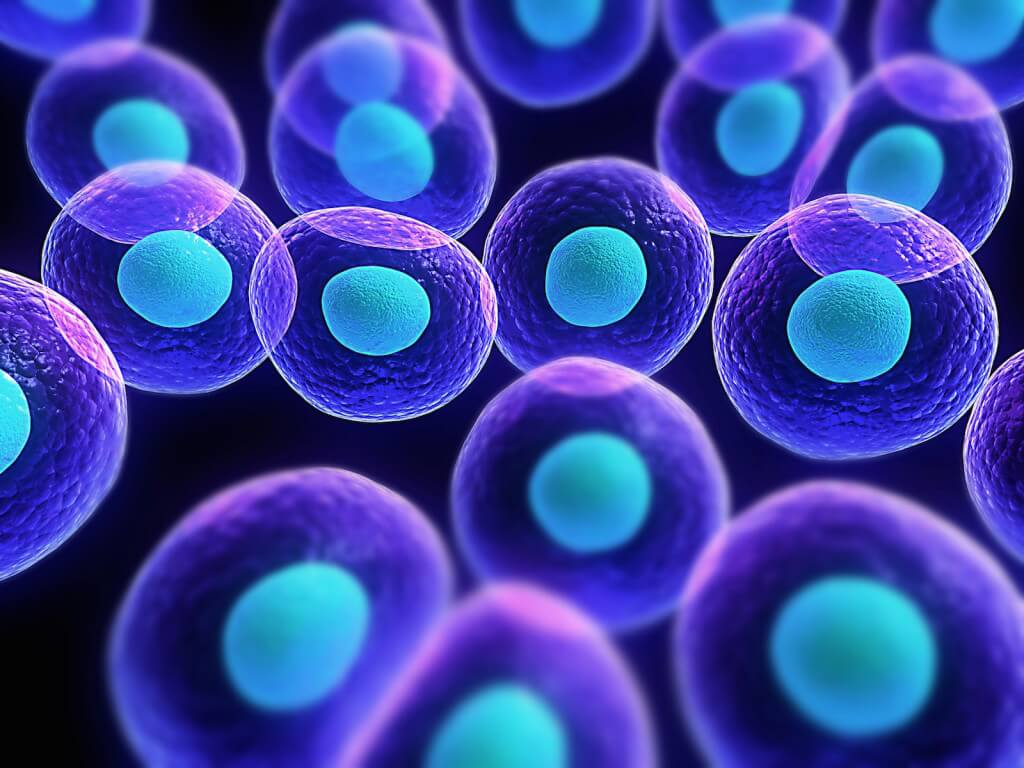
Photo credit to agingfree.org
Have you ever thought of stem cells as a treatment to a malady or disease you are experiencing at the moment? Believe it or not, there have been great advances in using stem cells for regenerating healthy cells in the body. Finding an expert to consult about whether or not you are a good candidate for stem cell treatment is of course the first step. Before anything else, however, what exactly are stem cells?
Stem Cells Have The Ability To Renew Themselves
Depending on where it is located inside the body, stem cells that are classified as embryonic have the capacity of differentiating and self-renewing to the desired fate. These mechanisms of epigenetics maintain the homeostasis of stem cells. The mechanism regulates specific programs that involve gene transcriptions and regulates the chromatin structure.
Commit To A Specific Lineage
In the early development of stem cells, there is the mammalian epigenome which goes through restructure in a way that restricts cells to the lineage desired. Epigenetics is what maintains the stem cells to commit to a specific lineage. Some examples of the mechanism of epigenetics that limit cells specifically include histone modifications and DNA methylations. Based on the hypotheses of histone code, a cell’s fate is influenced by distinctive structures of chromatin and distinctive modifications of covalent histone. In other words, will a cell keep in differentiating into the fate desired? What determines this is regulating chromatin through modifications of epigenetics.
What Is DNA Methylation?
DNA methylation is a procedure in which a single molecule of DNA is added to groups belonging under the category of methyl. This changes the DNA’s activities without altering its sequences. Methylation of DNA when found in gene promoters act in repressing the transcription of genes. This process is necessary for the normal developing of all mammals and is related to many primary developments including carcinogenesis, aging, transposable element repression, the inactivation of the X-chromosome and the imprinting of genes.
Cells That Regenerate Are Useful
Also known as embryonic stem cells, these are a type of cell that is able to renew themselves. The ability of stem cells to regenerate becomes very useful in areas such as studying cell differentiation, diseases, developing drugs and cell therapy. Finding out exactly how a stem cell functions will give researchers insights that will affect human cell regeneration. Studying gene expressions, genetics and epigenetics will go a long way towards evolving in these areas.
Genes Matter
The organism and cell phenotype will definitely be influenced by genetics. On the other hand, knowing that all cells in an organism that is mufti-cellular come from a single type shows a huge variability in phenotypes that could happen in all the cells sharing one genome in common. Knowing which population of cells to use as stem cells is the key to addressing and curing diseases using this procedure.
Stem Cells Hold Great Promise
These cells hold huge promises for therapies involving cell replacement and drug development. However, populations of cells that have stability is crucial. Also, isolating cell populations that don’t have less-desired properties is paramount. One area where you want stable cells is in addressing diabetes. For instance, you want stem cells that are insulin producers when responding to glucose and not the kind that turn into a tumor. In order to isolate the correct cell population for this, it is necessary to comprehend how to control properties of cells more than anything else. These include understanding tumorigenicity, differentiation states and differentiation capacities.
Something From Nothing
The entire process of the methylation of DNA, which is a mechanism of epigenetics, will determine whether a genome will be expressed. Also, methylation will help guide each stem cell as they become transformed from cells that have no particular agenda to cells that are specialized.
Give Every Cell Their Identity
The way genes are expressed is governed by the methylation of DNA. Thus, it also governs the identities of each of the cells. In the transitions from a stem cell from its early progenitor into a progenitor that is committed and then into a full neuron, the methylations of DNA let the suppression or induction of primary factors of transition. Each factor governs the specifications, function and type of every cell.
Stem cells and stem cell treatment is available in San Juan Capistrano at the Acupuncture Halls clinic. Get a thorough assessment from experts in the field to find out if you are a good candidate for getting the treatments involving stem cells from a dependable, reliable source which is just near Dana Point and San Clemente.
